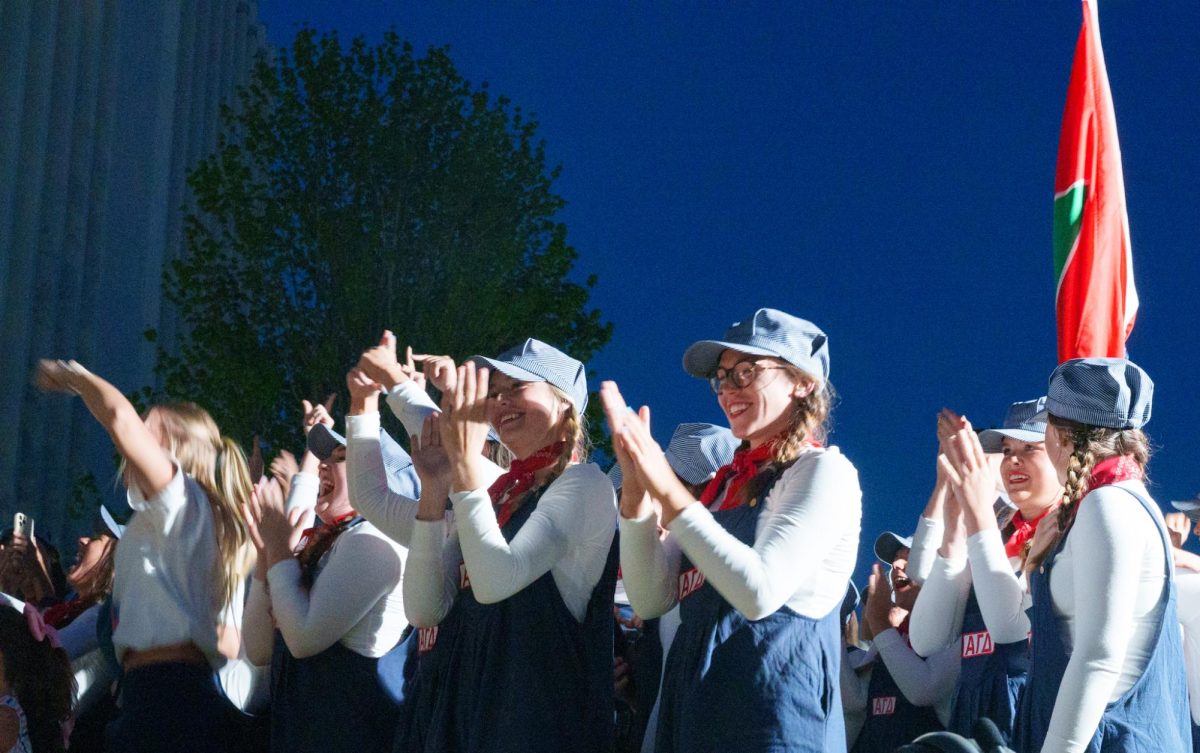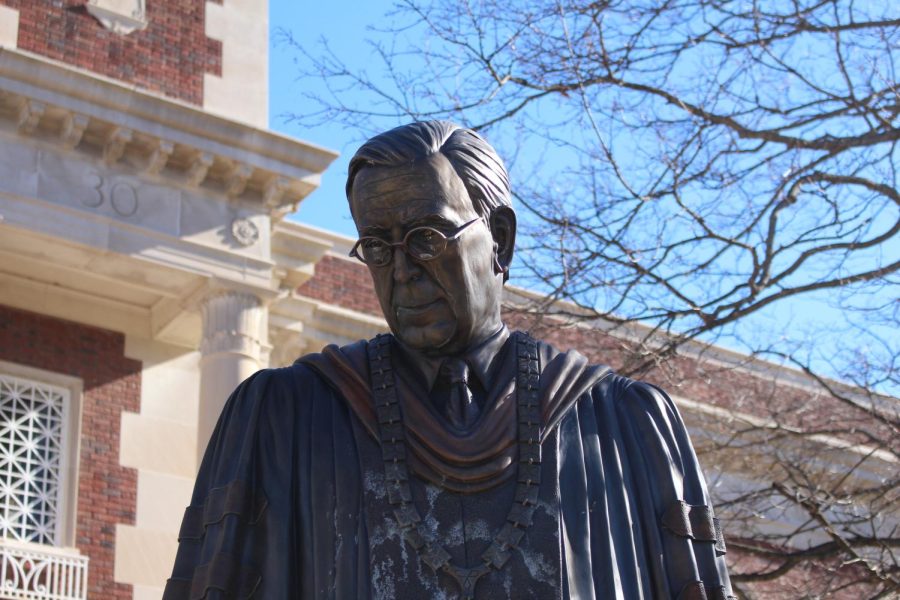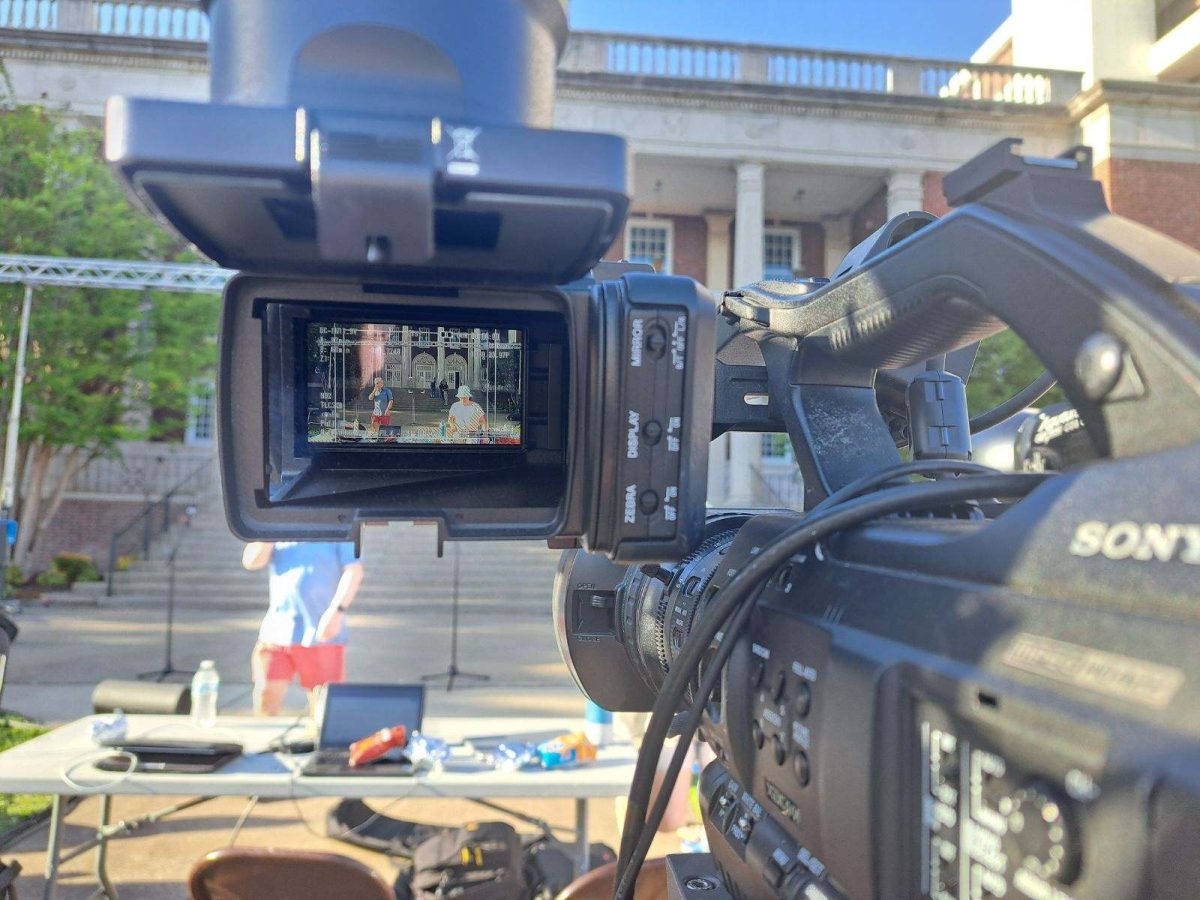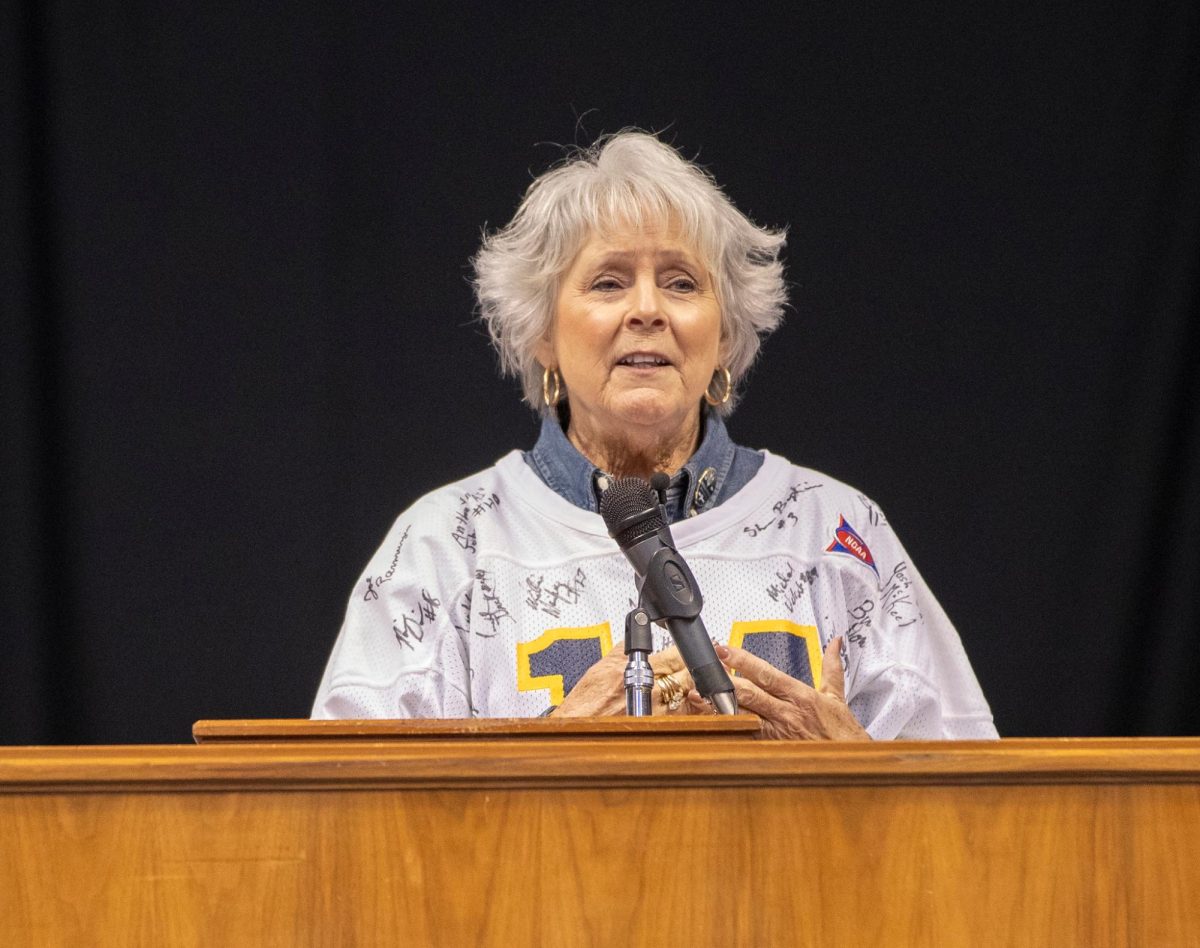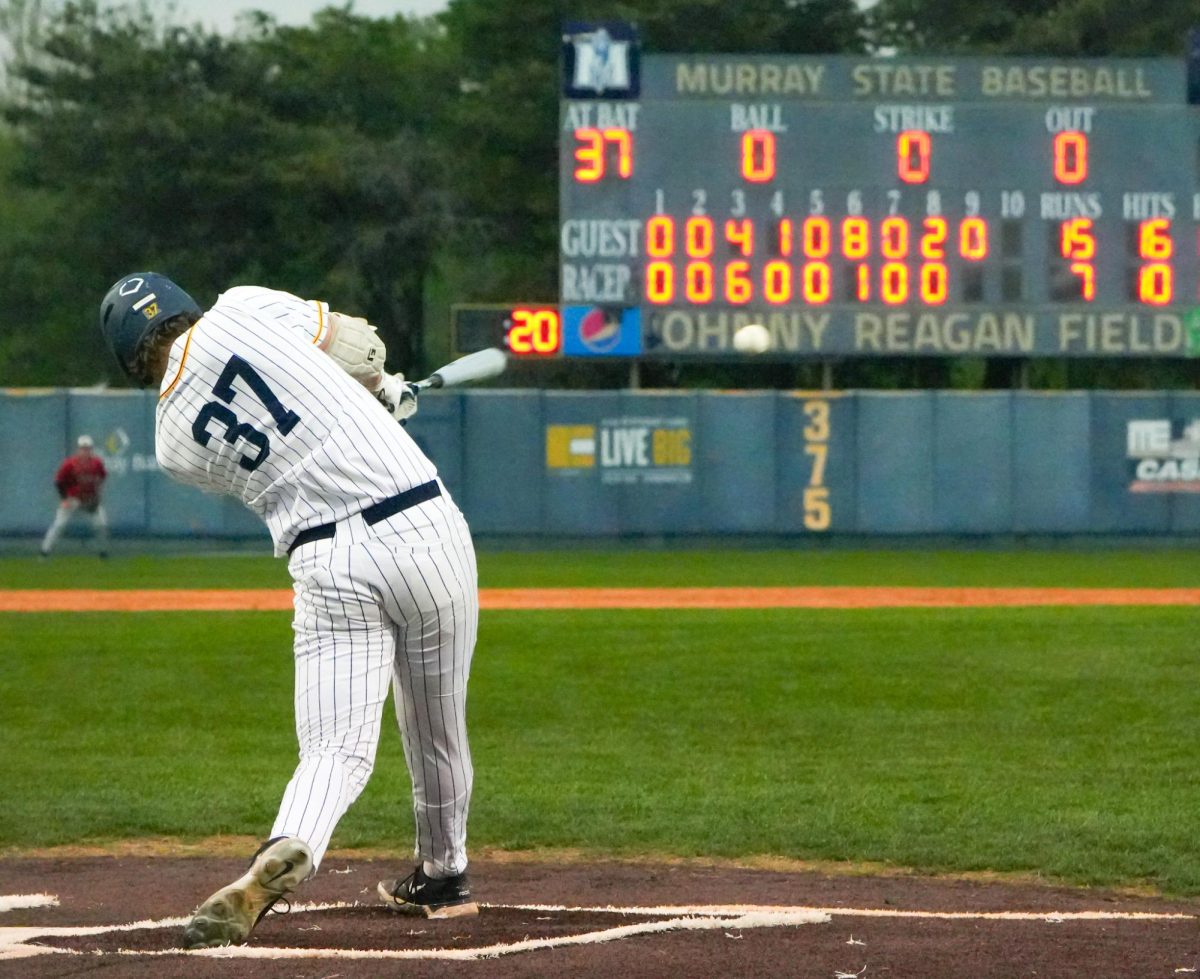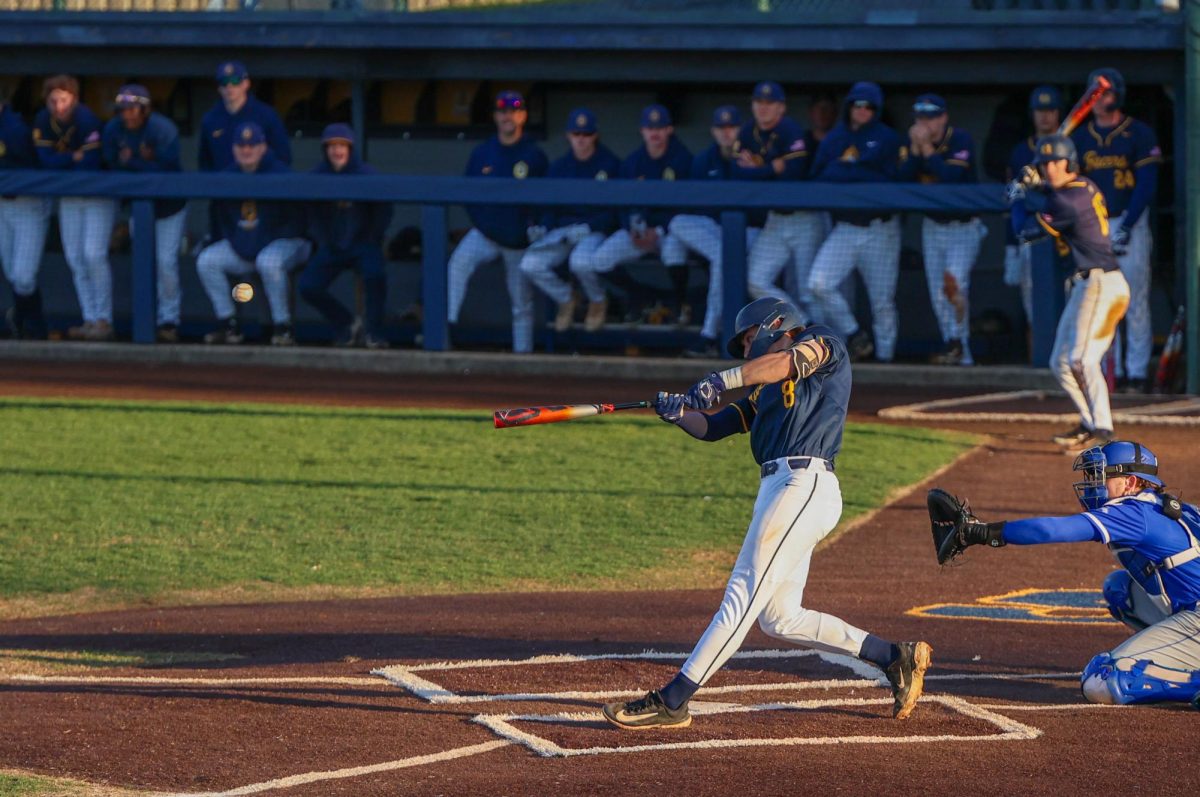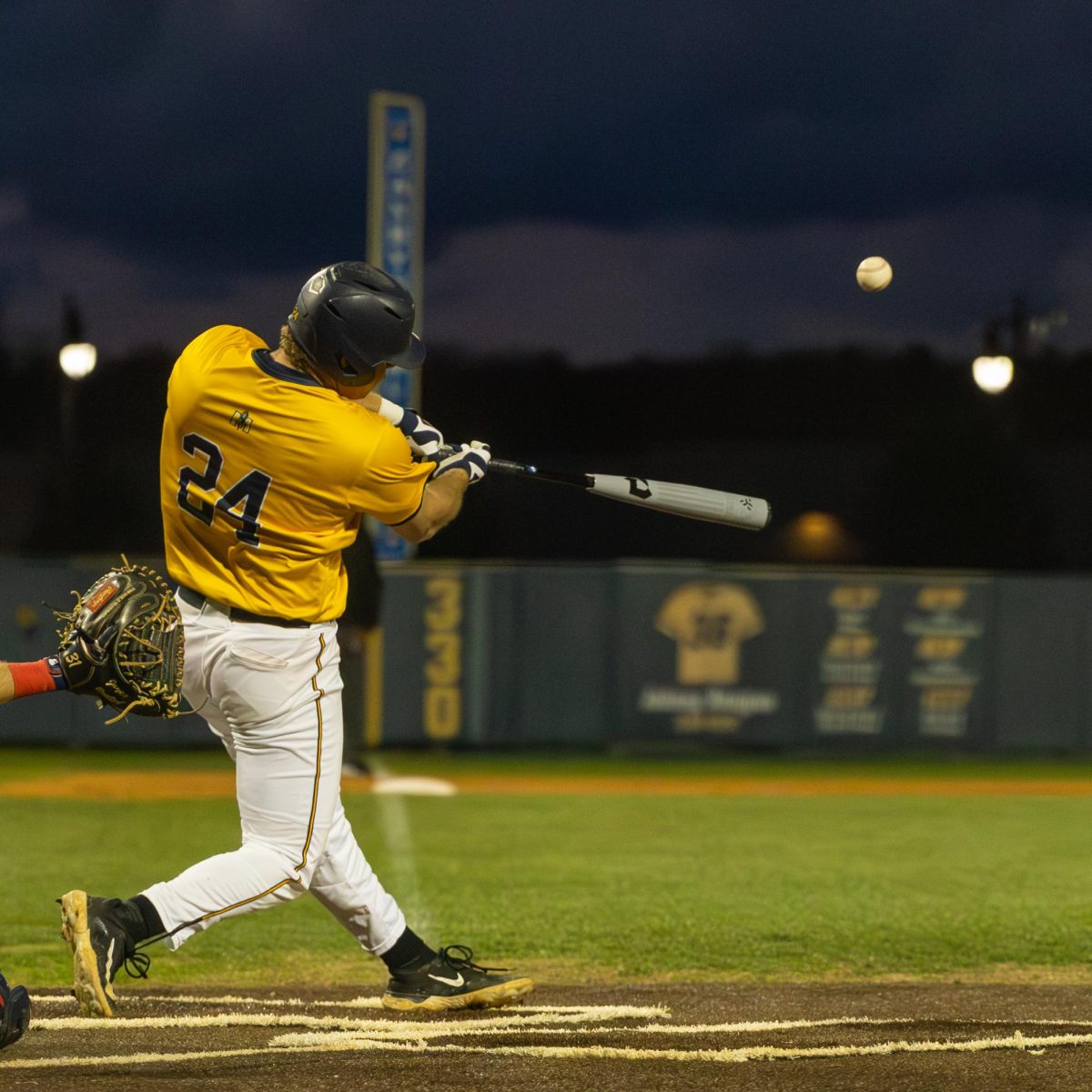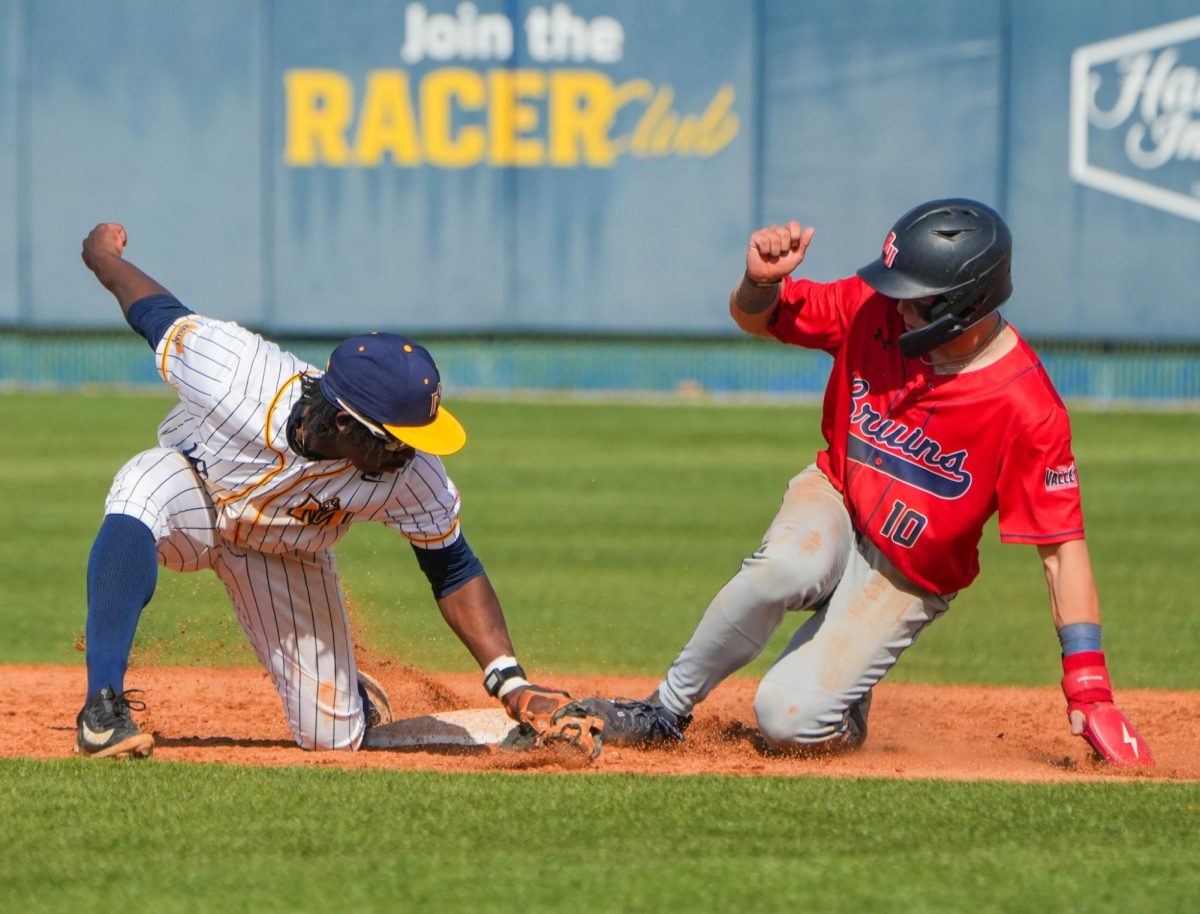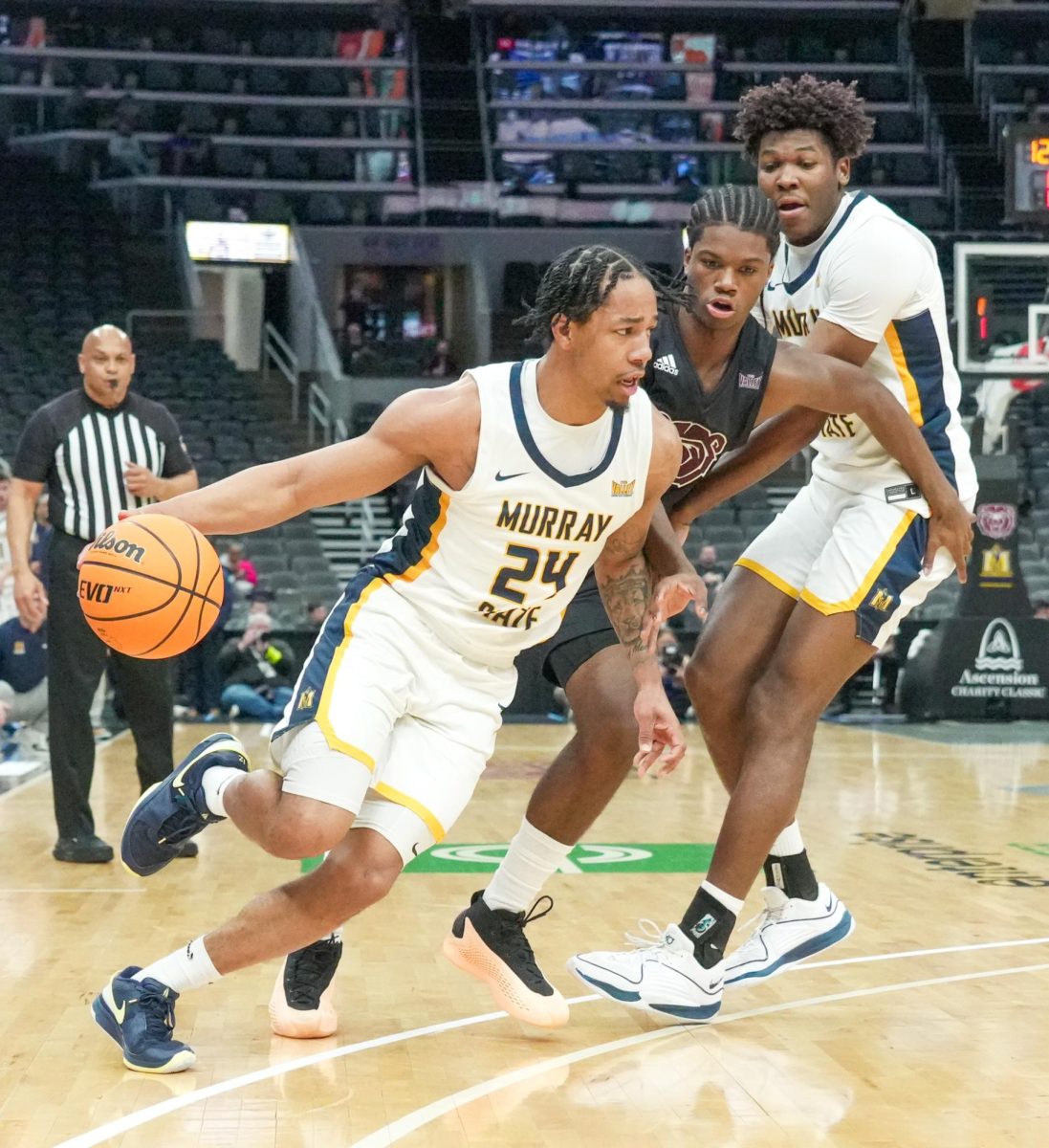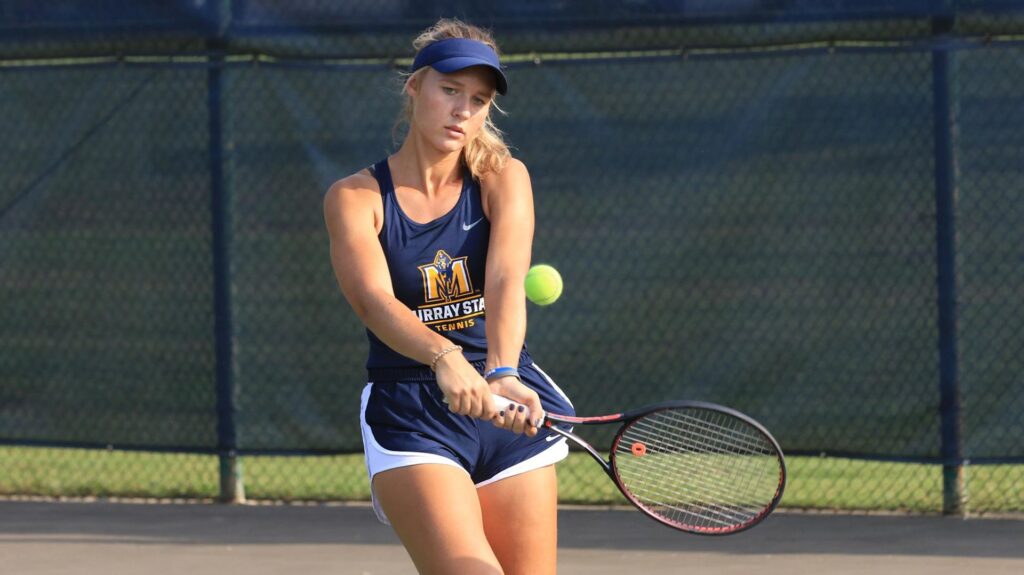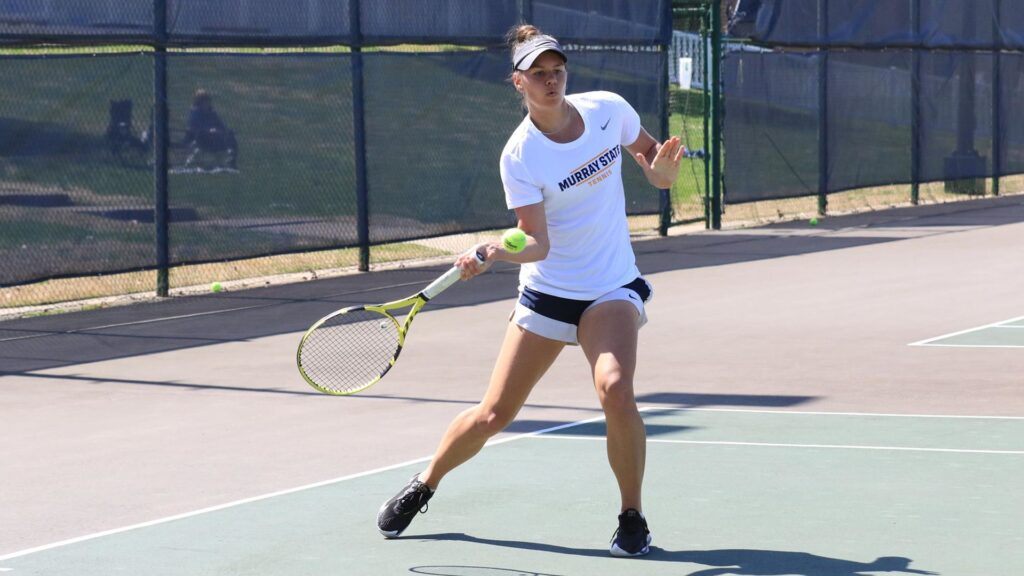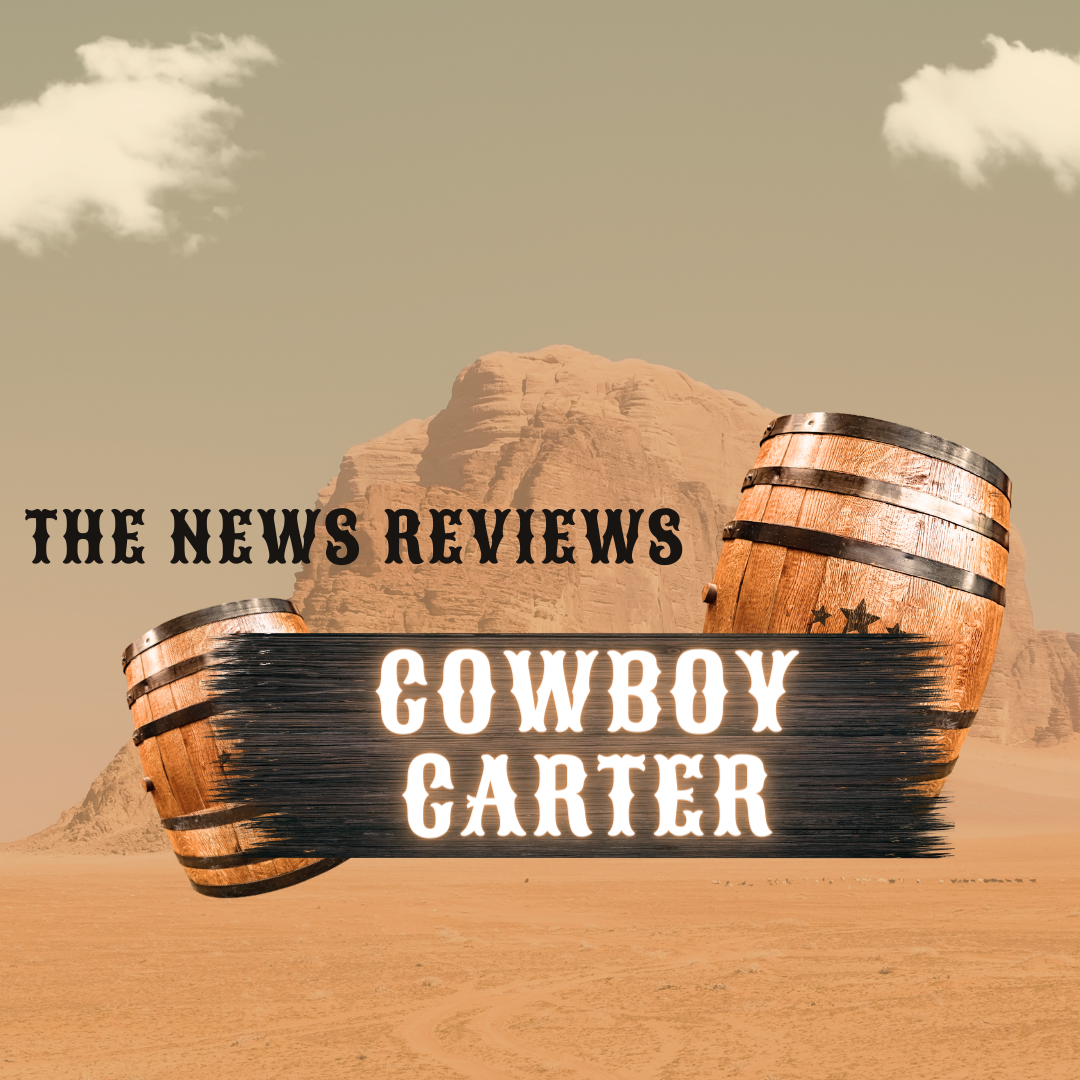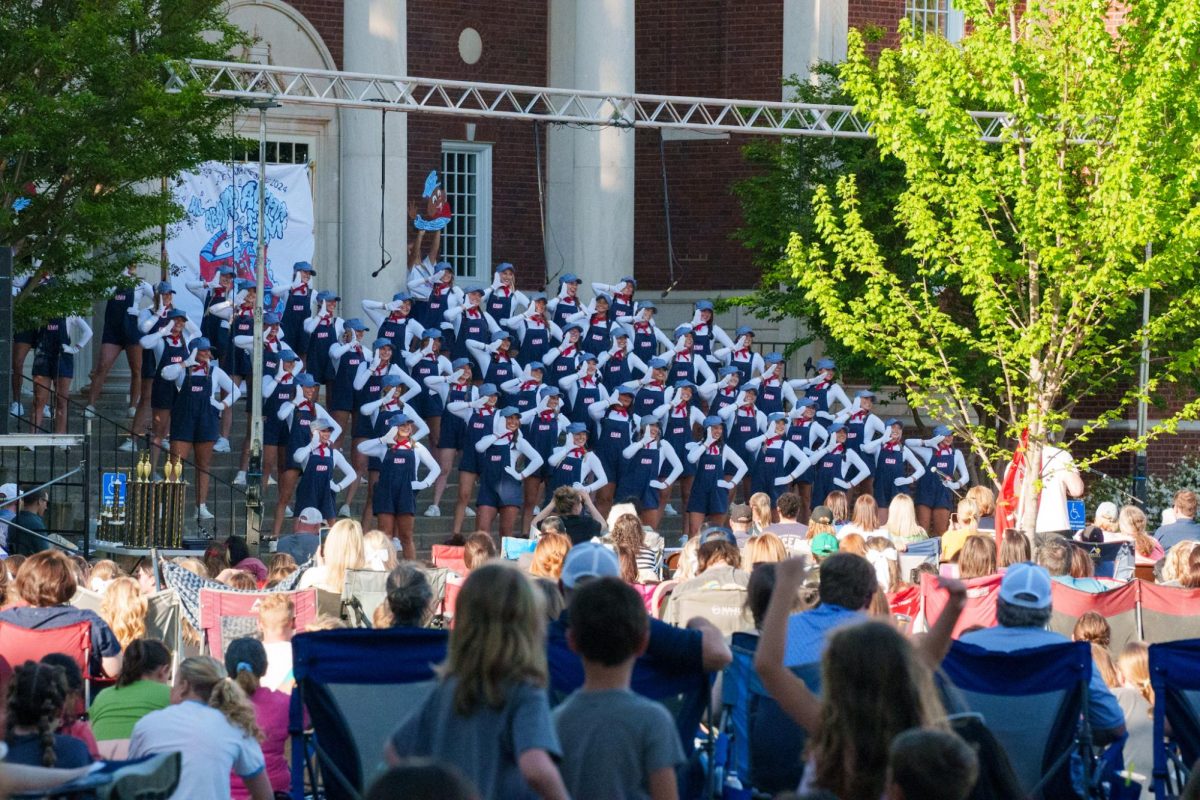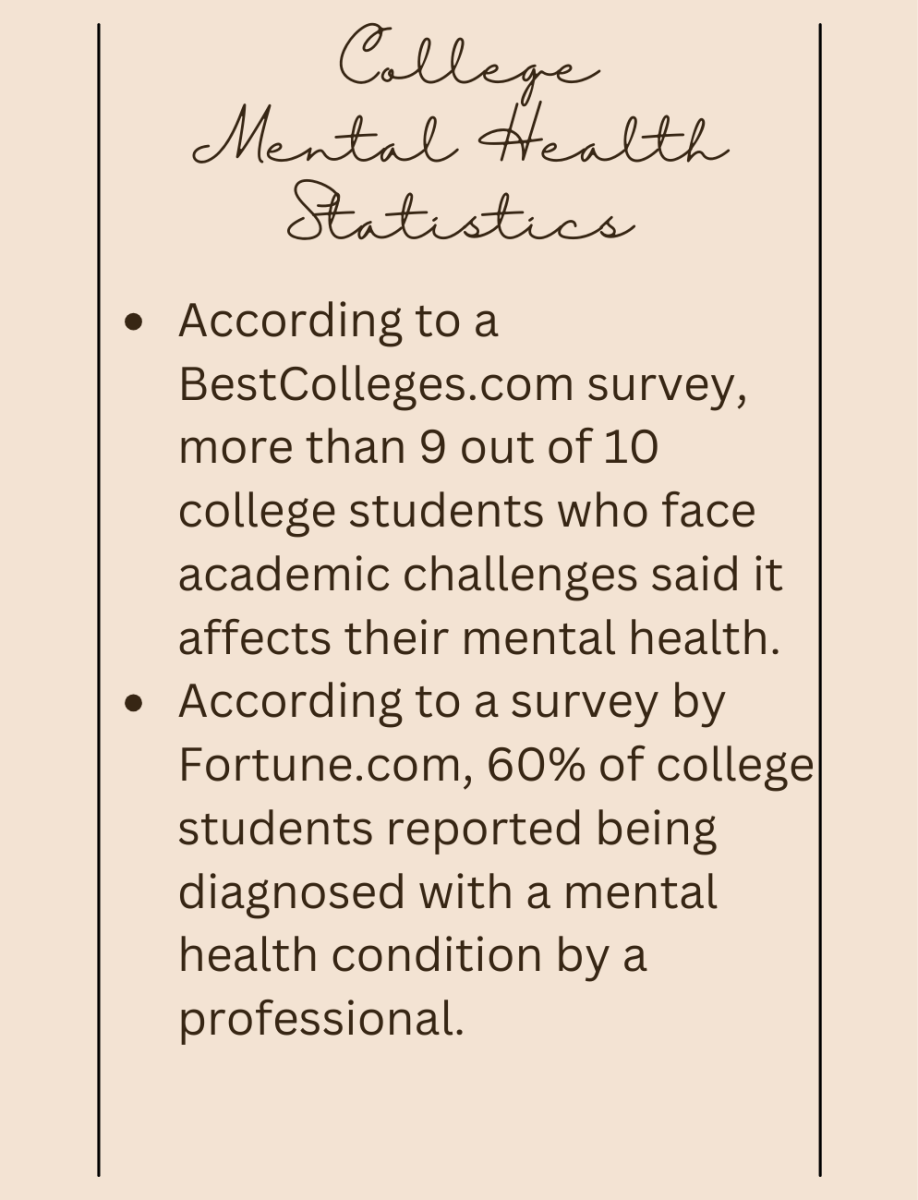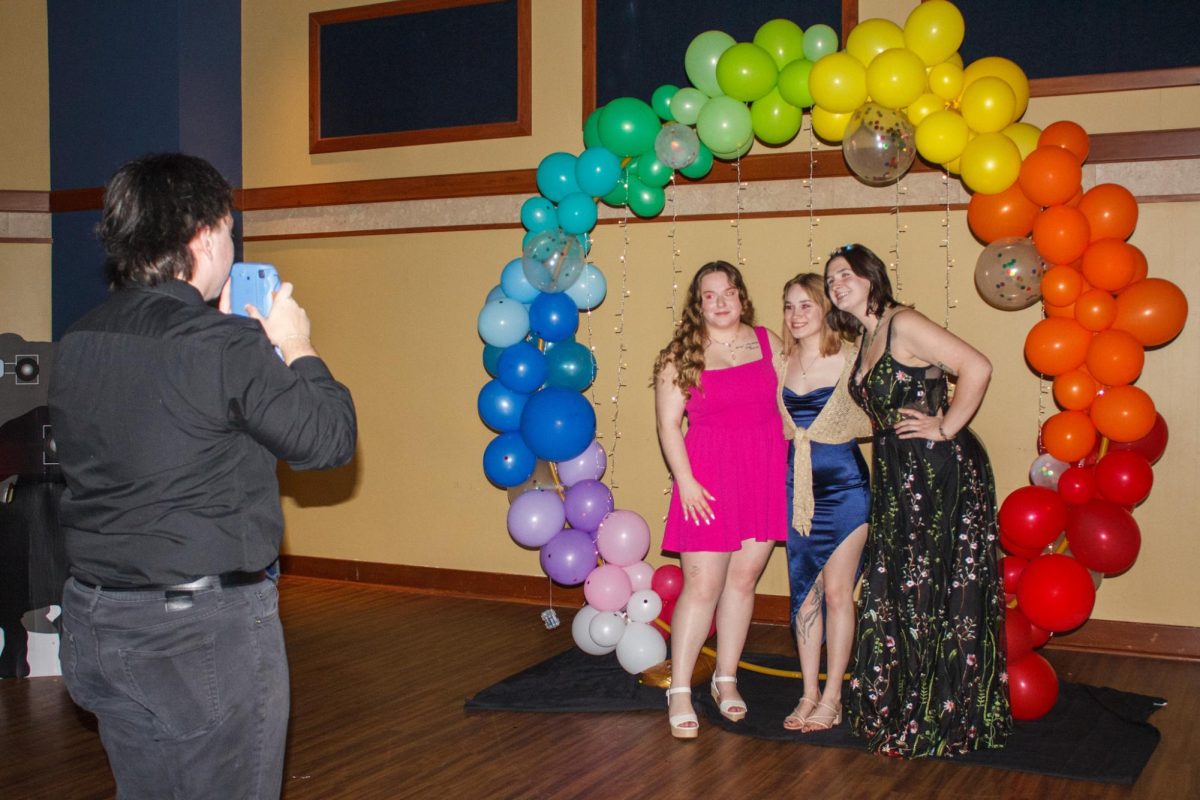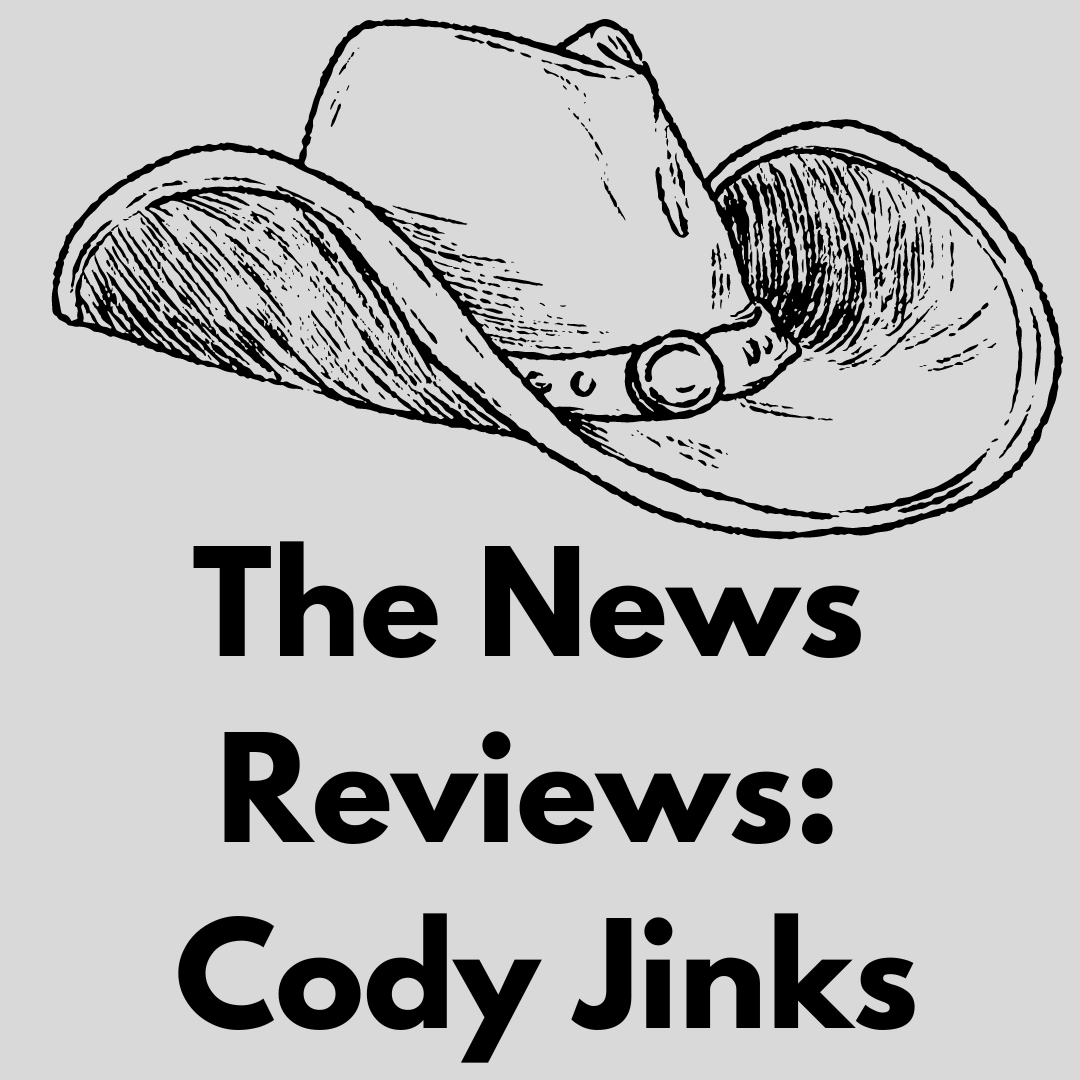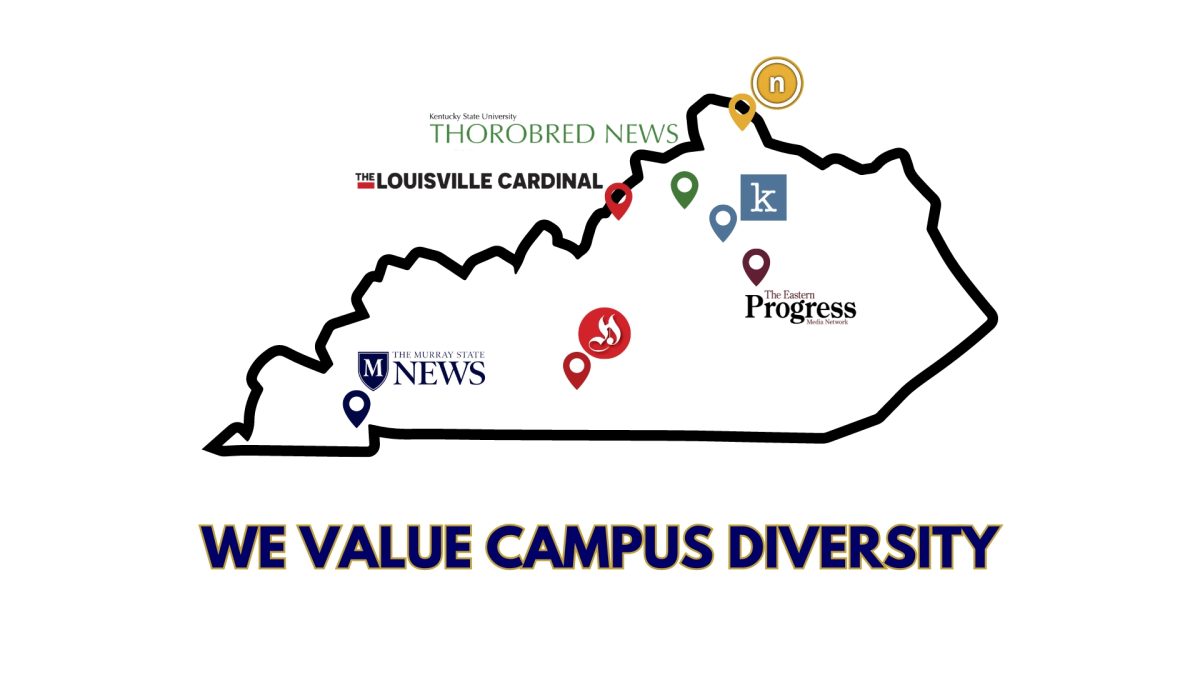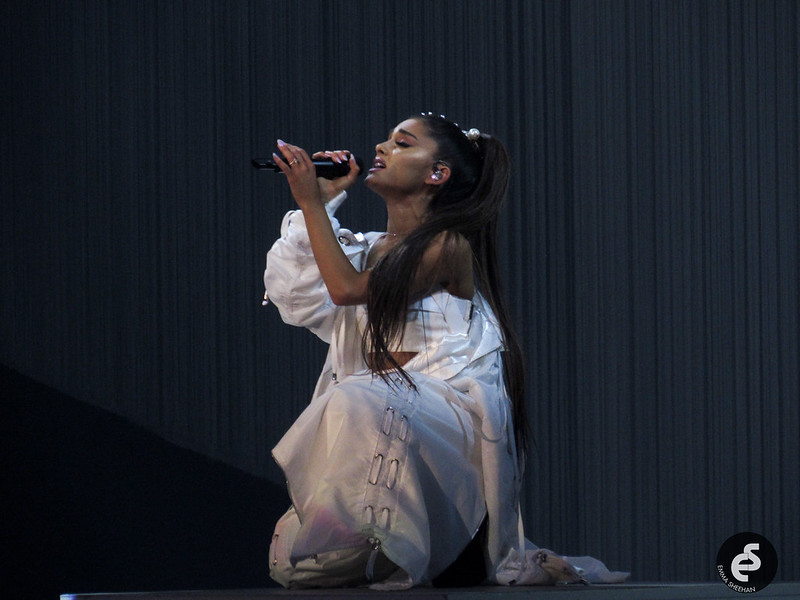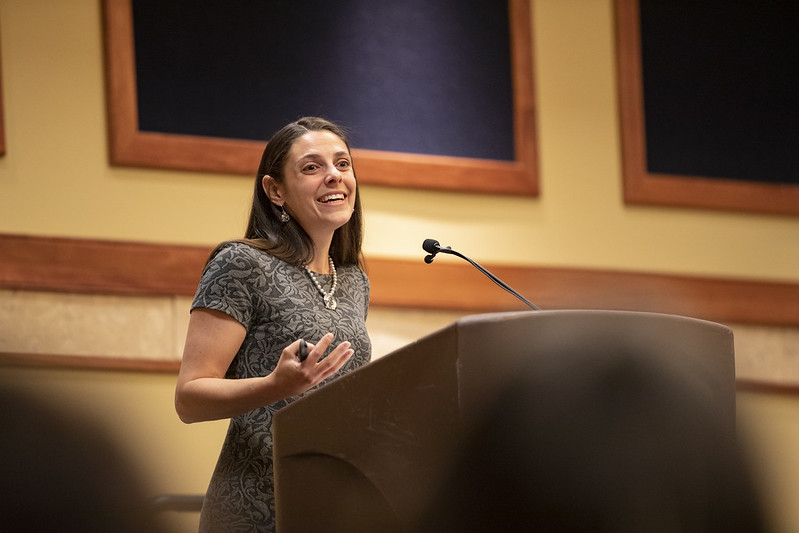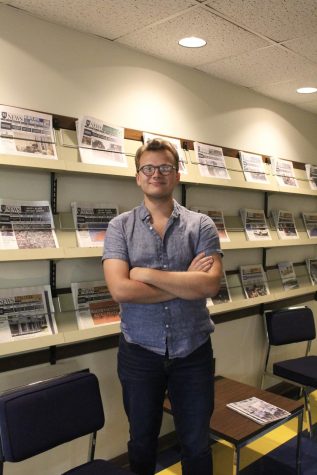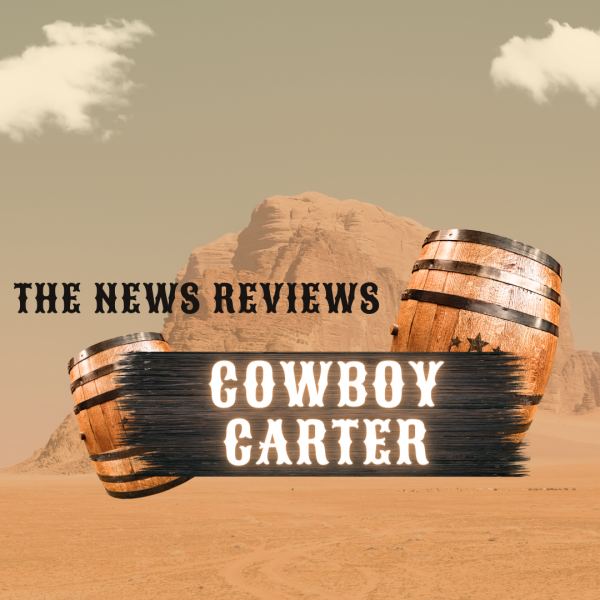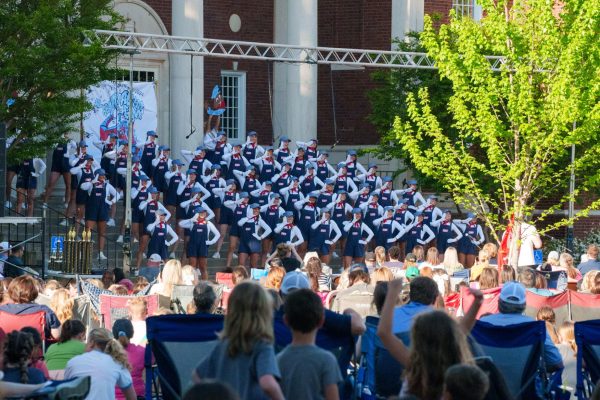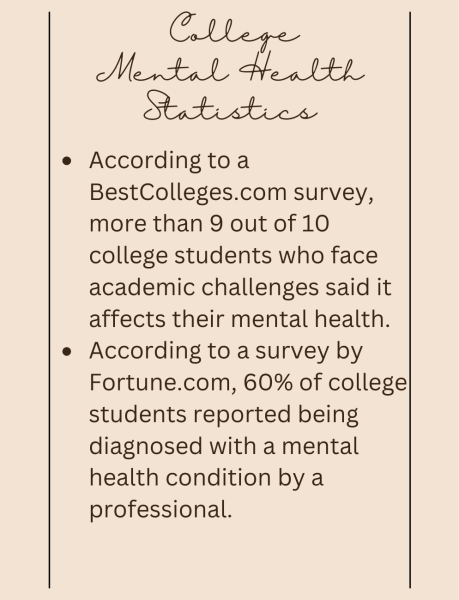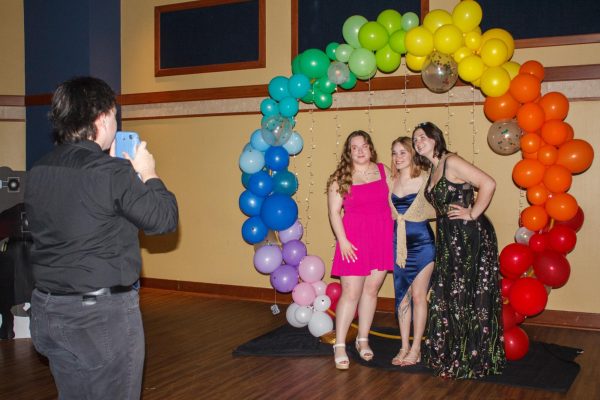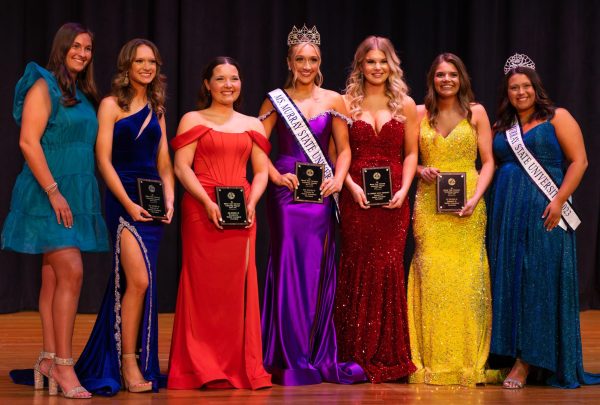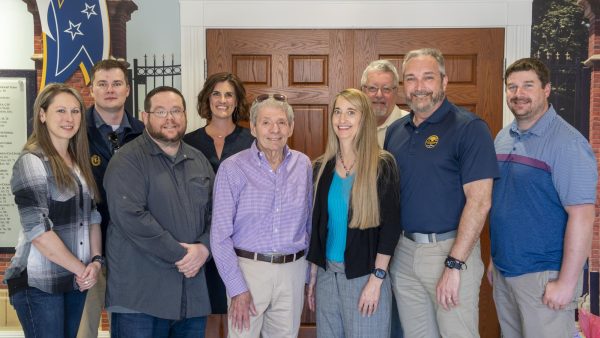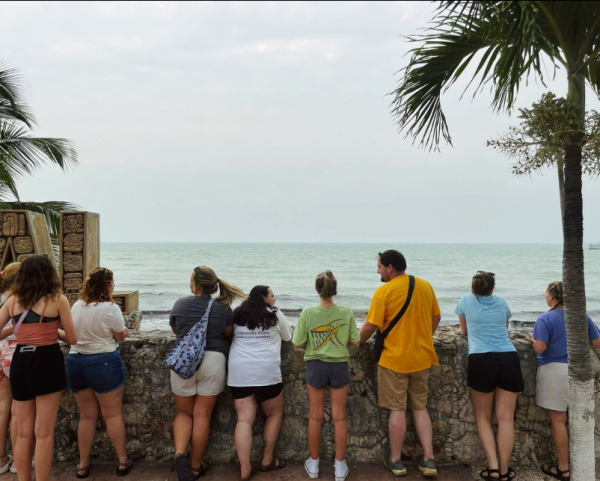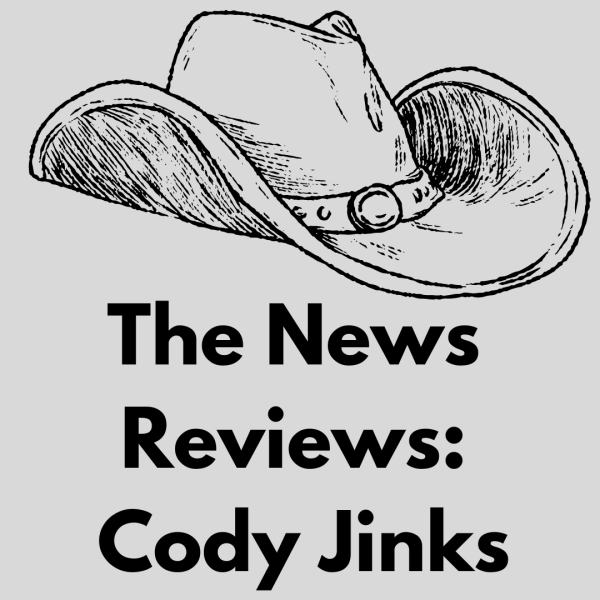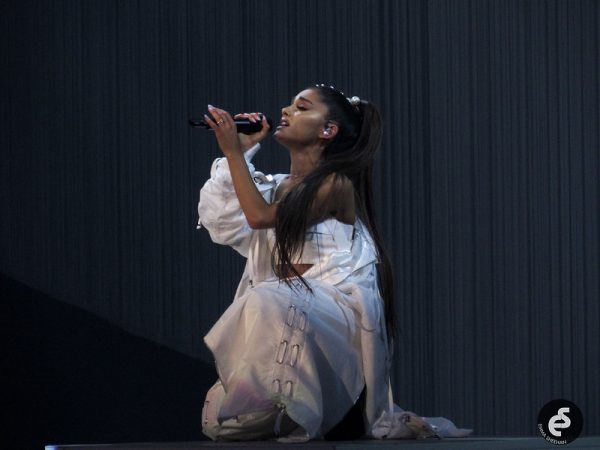Legacy lecture series explores free speech in schools
Vanderbilt Law School Professor Francesca Procaccini delivers the 45th annual Waterfield Lecture in the curris Center Ballroom on April 25. (Photo courtesy of Jeremy McKeel)
April 27, 2023
In celebration of the life and legacy of Harry Lee Waterfield, the Department of Political Science and Sociology hosted its 45th annual Waterfield Distinguished Lecture.
Waterfield, the namesake of Murray State’s Waterfield Library, served as the 42nd and 44th lieutenant governor of Kentucky. In addition to his time in politics, Waterfield also led careers in journalism and insurance, serving as the president of the Kentucky Press Association and as the founder of the Investors Heritage Life Insurance Co.
The department has hosted the lecture series in honor of Waterfield since 1977. Previous lecturers at the event have included former Kentucky governors, state Supreme Court justices, professors and law enforcement personnel.
This year’s lecturer was Assistant Professor of Law at Vanderbilt Law School Francesca Procaccini.
Prior to teaching at Vanderbilt Law School, Procaccini worked for the U.S. Department of Justice, served as a Climenko Fellow at Harvard Law School and worked with the Yale Law School Information Society Project and the Media Freedom and Information Access Clinic.
Procaccini’s research focuses particularly on First Amendment law, and this year’s Waterfield lecture dealt with the topic of free speech law within the public school system.
Procaccini began the lecture by discussing the power of free speech, but like other aspects of power, free speech can be used inappropriately and dangerously.
“Because speech is so powerful, and in particular, is so powerful for our more vulnerable communities…we get into challenging debates over where the limits of free speech should be,” Procaccini said.
One of the battlegrounds for this debate, Procaccini said, is our schools. Procaccini cited legislation such as the Florida Stop W.O.K.E act; the Parental Rights in Education Act, commonly known as the “Don’t Say Gay” bill; and bills targeting critical race theory as current examples of this debate.
Some of the primary discussion targets of these bills include racism, sexism, and LGBTQ+ identity, according to Procaccini.
There are three groups of people to consider when examining speech legislation affecting public schools, Procaccini says: teachers, parents and students. she argued that while it may seem strange, free speech restrictions on teachers and parents can sometimes be good for democracy.
“As a government employee, when you speak, you oftentimes hold a certain degree of power in your voice,” Procaccini said. “When you come at an issue with the government backing you, there is a good chance your voice is going to hold slightly more sway. I would say that challenges democracy.”
Procaccini said this could violate the notion of equality.
“Each of us in the public have an equal say, an equal voice in how we reach consensus in an issue like curriculum,” Procaccini said. “There are larger democracy goals at play when we think about teacher speaker rights.”
The best way to serve democracy in this debate is to increase the free speech rights of students, Procaccini said. The First Amendment does more than protect what students are allowed to say, Procaccini said—it also protects the information they can receive.
In order to restrict the right to receive information, there has to be a “legitimate pedagogical interest,” Procaccini said. One such legitimate interest might include age appropriateness.
Procaccini ended her presentation by urging those in attendance to participate in government at a local level by voting and said relieving pressure in other places in our political system may make public schools less of a political battleground.
The event began with a banquet where the department awarded several different awards, including outstanding senior awards, model UN and mock trial MVP awards, the Dr. Choong Nam Kang student paper award and the Harry Lee Waterfield Governmental Studies Scholarships.
In order to stay up to date with future lectures in the Waterfield Lecture series and to see award winners, follow the Department of Political Science and Sociology on Facebook @murraystatepss.


